2014 Recanati Winery Wild Carignan Reserve, Judea Hills, Israel
About this WINE
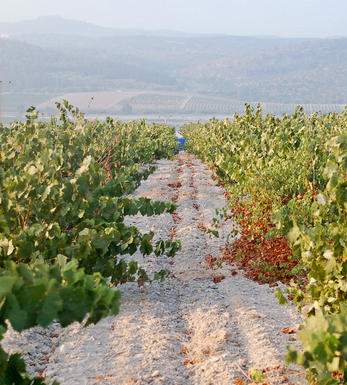
Recanati Winery
Recanati was founded in 2000 by financier Lenny Recanati, whose family originally came from Italy, and who was therefore immersed in wine culture from a young age, the modern winery is built in the Hefer valley in upper Galilee, with fruit sourced from some old, high altitude vineyards in Manara and the Jezreel valley.
The altitude gives a substantial diurnal temperature difference, making this a perfect place for full-bodied but fresh tasting wines from Mediterranean grape varieties. Under the expert guidance of winemaker Gil Shatsberg, a UC Davis alumni, ably assisted by Ido Lewinsohn, a winemaker with wide experience, including at Sassicaia, the wines have more elegance and finesse than many offerings from this history-steeped area
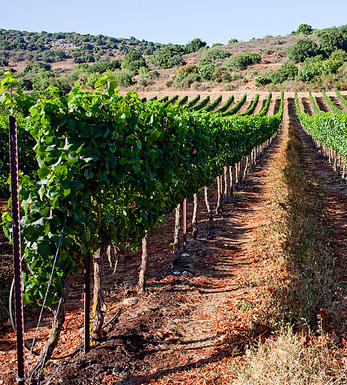
Israel
The first recorded winery of modern times was Shior, set up in Jerusalem in 1848, but more significant was the Carmel winery established by Lafite Rothschild in 1882.
At the foundation of the state of Israel in 1948 there were 14 wineries with 1720 ha under vine, mainly producing for the local market. The 1980s saw a quality uplift with more appropriate (Mediterranean rather than Bordeaux or Burgundian) grape varieties and the exploitation of the cooler Golan Heights region.
This accelerated with the boutique winery boom of the 1990s, by the end of the decade although there were 30+ large scale wineries, there were a further 200 producing less than 100,000 bottles per year. Total vineyard area was then 5,500 ha. Israel has a range of varied vineyard areas, offering different soils and climatic conditions. The most important in terms of area is Galilee, followed by the Coastal Plain, Mount Carmel, the Judean Hills and finally the Negev. Modern Israeli wines are a perfect foil for Mediterranean cusine.
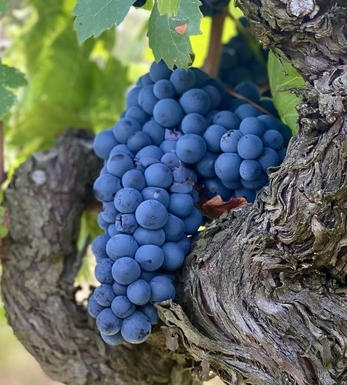
Carignan
Carignan, as its name suggests, is presumably of Spanish in origin, from around the town of Carineña west of Priorat in the province of Aragon.
Carignan, also known as Carginano in Italy and Cariñena or Mazeulo in Spain, is one of the most widely-planted red grapes in France. Planting became widespread in France during the 1960s, when Algeria gained its independence and was no longer an inexpensive source of red grapes. Languedoc-Rousillon (Cotes du Roussillon, Corbières, Saint Chinian) is the bastion of Carignan in France, and it is also grown Provence, although it now gradually being replaced with more complex and characterful varieties such as Syrah and Grenache.
The berries are blue-black, with fairly thick, astringent skins.Carignan buds and ripens quite late, so it is resistant to spring frosts, but requires a long ripening season and warm climate. It is a vigorous grape, which can result a wine of dull character.
Carignan is useful for adding intense colour, acidity, and fleshy tannins to the archetypal Southern French blends of Syrah, Grenache and Cinsault. Few select growers have managed to produce interesting, distinctive wines from this grape by carefully limiting the vine vigour and the yields.
Old Carignan vines (over 50 years) on a combination of low yields and suitable terroir can produce magnificently concentrated and characterful wine. The best expressions can be found in Priorat.


Buying options
Add to wishlist
Description
The bush vines that make this wine were spotted high in the Judean Hills by chance by Ido Lewinsohn, Recanati’s assistant winemaker, in 2008, just after the fruit had been harvested but a few delicious berries remained. Determined to secure these impressive grapes in the future, Ido tracked down the owner, and persuaded Recanati to swap some apparently more desirable Cabernet Sauvignon vineyard land for the supposed workhorse Carignan.
With limited yields and sensitive winemaking, these remarkable vines make one of the most profound Carignan-based wines I have ever tasted, full-bodied but elegant, with masses of blueberry fruit counterpoised by a savoury spiciness.
wine at a glance
Delivery and quality guarantee